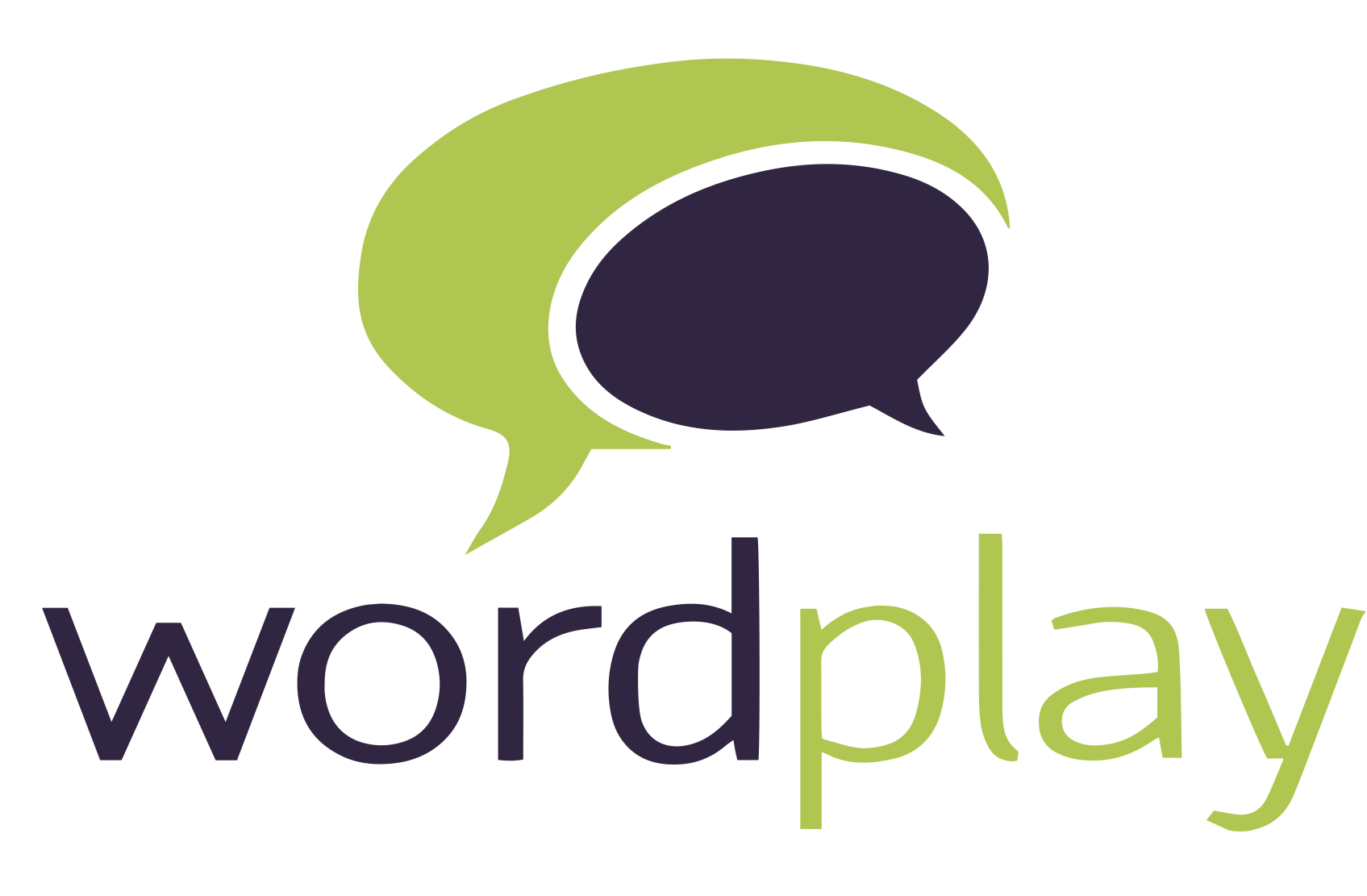Ways we can help.
WordPlay Speech & Language Services is a private practice serving London, Ontario, and the surrounding areas. We provide client-centred and collaborative, in-home, virtual, and community-based services for adults and children. WordPlay provides assessment and treatment for cognitive-communication disorders, stroke rehabilitation, swallowing disorders, late talkers, articulation, language, and motor speech disorders.
Connect with us to learn how a Speech Language Pathologist can help.
A swallowing disorder is also called dysphagia. This may be revealed by coughing and choking during or right after eating, clearing your throat often when eating and drinking, needing extra time at meals, losing weight, wet or gurgly voice when eating and drinking, or difficulty breathing during meals. Dysphagia can lead to dehydration or poor nutrition, aspiration, pneumonia, and reflux. A number of factors may lead to dysphagia, such as stroke, brain injury, cerebral palsy, cancer, and multiple sclerosis. Speech Language Pathologists help people who have trouble swallowing.
A Late Talker is typically described as a toddler between the ages of 18-30 months who has difficulty with expressive or spoken language. These toddlers often have a good understanding of language, typically developing play, social skills, motor skills and has achieved other appropriate milestones but has a limited spoken vocabulary. Speech Language Pathologists are trained to educate parents and caregivers in a variety of techniques and strategies to help late talkers.
A stroke occurs when blood flow to the brain is interrupted by a clot or rupture. With inadequate blood flow, the brain is deprived of necessary oxygen, which causes the affected brain cells to decay. When brain cells die, the functioning of the body parts that they control is impaired or lost.
Potential communication deficits following a stroke include:
• Aphasia: a language disorder caused by damage to a specific area of the brain.
• Dysarthria: difficulty moving the muscles used for speech production due to weakness.
• Apraxia: difficulty planning/programming the movement of the muscles used for speech production.
• Cognitive deficits: difficulties with attention, concentration, awareness, orientation, memory, problem solving, and reasoning skills.
Cognitive-communication disorders are communication impairments resulting from underlying cognitive deficits due to neurological impairment. These are difficulties in communicative competence (listening, speaking, reading, writing, conversation, and social interaction) that result from underlying cognitive impairment (attention, memory, organization, information processing, problem-solving, and executive functions). These disorders are distinct from other neurological communication disorders (e.g. aphasia, dysarthria, etc.) and require specific techniques.*
*(ASHA, 1987; Freund et al, 1994; Gillis, 1986; Heilman, Saffron & Geschwind, 1971; Sarno, Ylvisaker and Szekeres, 1986)." (Preferred Practice Guidelines for Cognitive-Communication Disorders, College of Audiologists and Speech-Language Pathologists of Ontario)
A language disorder is a communication disorder that impacts receptive (understanding) and expressive (spoken) language. A language disorder may manifest in difficulties learning, and using spoken and written language; difficulty with vocabulary and sentence structure; following directions; putting words in the wrong order and using the wrong tense. These difficulties may significantly impact literacy and academic success.
Articulation
An articulation disorder involves difficulty making speech sounds. Sounds can be substituted, omitted, added or changed. These errors may make it hard for a person to be understood. Most children make some mistakes as they learn to say new words. An articulation disorder occurs when mistakes continue past a certain age. Every sound has a different range of ages by when the child should make the sound correctly.
Programs.
WordPlay Speech & Language Services offers several options to assist you in achieving your goals. We are happy to discuss the option that works best for you and your family.
In-Person
Virtual
Group
Need an assessment to determine if speech & language therapy is right for you or a loved one?
WordPlay is here to help!
Fees.
Fees vary according to service provided and are based on the recommended fee schedule published by The Ontario Association of Speech-Language Pathologists and Audiologists (OSLA)
- Report completion
- Meetings with related professionals such as doctors, educators or employers
- Assessment & Consultation
- Direct treatment sessions
(30, 45, or 60 minute sessions)
FAQ.
-
What are my payment options?
Fees for services are payable upon receipt of your invoice. All clients will receive an invoice upon completion of each session, which can be remitted for insurance claims under extended health benefit plans if applicable. Please verify with your insurance provider if services may be reimbursed.
Payment may be made by:
- Square Payment
- Cash
- Cheque
- E-transfer
-
Are services covered by insurance benefits?
All clients will receive an invoice upon completion of each session, which can be remitted for insurance claims under extended health benefit plans if applicable.
Please verify with your insurance provider if services may be reimbursed.
-
What are your business hours?
Business hours are Monday to Thursday 10 am -6 pm, and Friday by appointment only.
-
Do you have an office or clinic location?
If clinic-based visits are preferred, locations can be discussed on an as-needed basis.
-
Are you registered?
Yes, in order to practice in Ontario, Speech Language Pathologists and Audiologists are governed by the College of Audiologists and Speech Language Pathologists of Ontario (CASLPO)
Privacy Policy |
Website Design by
Lume Creative
All Rights Reserved | Word Play Speech & Language Services
